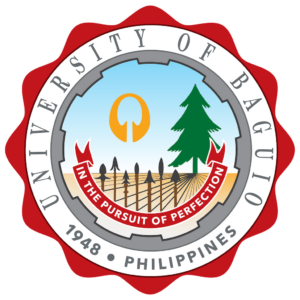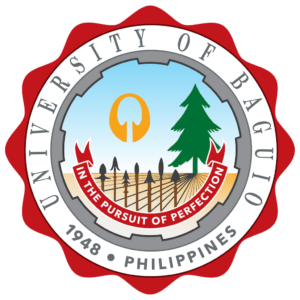Program Educational Objectives
In 3 to 5 years after graduation, graduates of the Bachelor of Science in Information Technology are expected to:
- be prime designers and implementers of quality computing solutions for real world problems and carry out basic and applied research leading to new innovations in Information Technology (IT) and related interdisciplinary areas;
- be leaders and managers in the field of Information Technology by demonstrating exemplary performance thus progress to accomplish managerial, leading, and influential roles in the chosen organization while upholding high standards of professional conduct that is right and just;
- demonstrate life-long learning through professional development, practical training, and specialized certifications;
- communicate effectively with the computing community and with society at large about complex computing activities through logical writing, presentations, and clear instructions;
- be active members in professional societies and organizations as well as community-based organizations with the purpose of being advocates and transformers of the industry towards sustainable programs on innovation.
Program Outcomes
A Bachelor of Science in Information Technology graduate should be able to:
- apply knowledge of computing, science, and mathematics appropriate to the
discipline; - understand best practices and standards and their applications;
- analyze complex problems, and identify and define the computing requirements appropriate to its solution;
- identify and analyze user needs and take them into account in the selection, creation, evaluation and administration of computer-based systems;
- design, implement, and evaluate computer-based systems, processes, components, or programs to meet desired needs and requirements under various constraints;
- integrate IT-based solutions into the user environment effectively;
- apply knowledge through the use of current techniques, skills, tools and practices necessary for the IT profession;
- function effectively as a member or leader of a development team recognizing the different roles within a team to accomplish a common goal;
- assist in the creation of an effective IT project plan;
- communicate effectively with the computing community and with society at large about complex computing activities through logical writing, presentations, and clear instructions;
- analyze the local and global impact of computing information technology on individuals, organizations, and society;
- understand professional, ethical, legal, security and social issues and responsibilities in the utilization of information technology;
- recognize the need for and engage in planning self-learning and improving performance as a foundation for continuing professional development;



